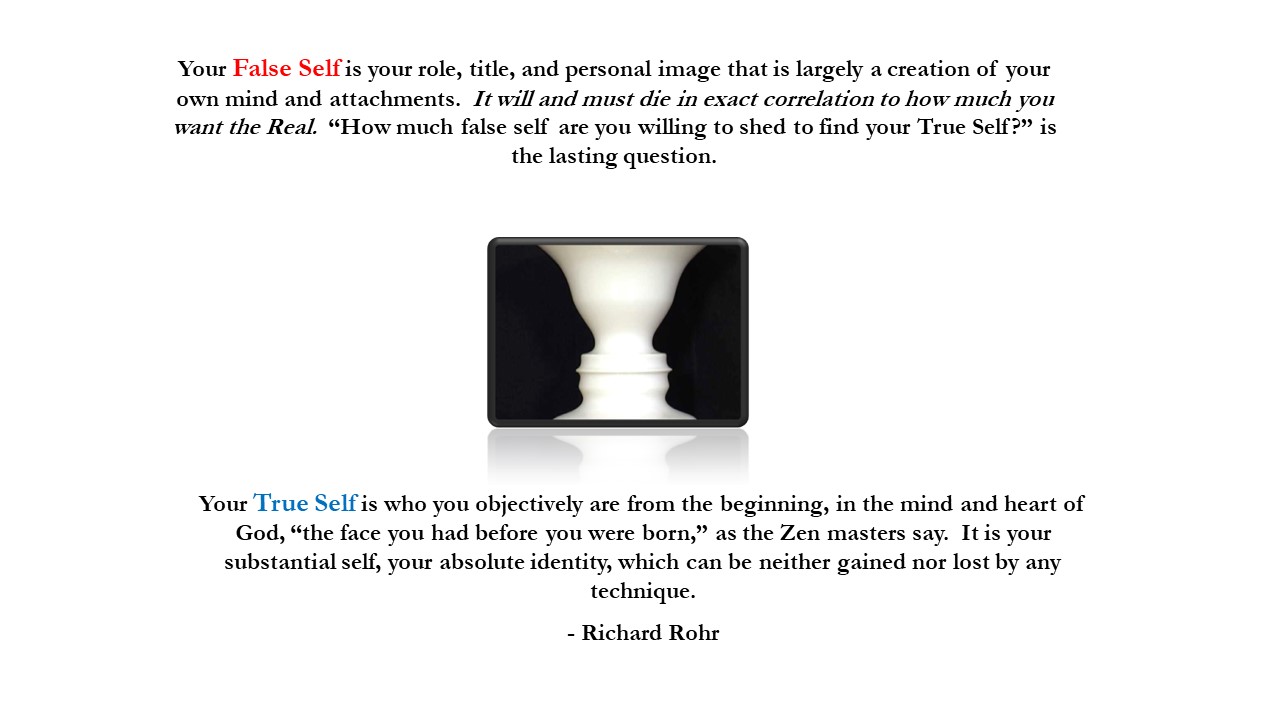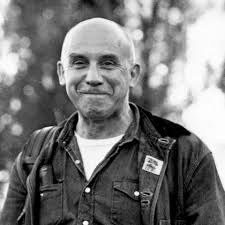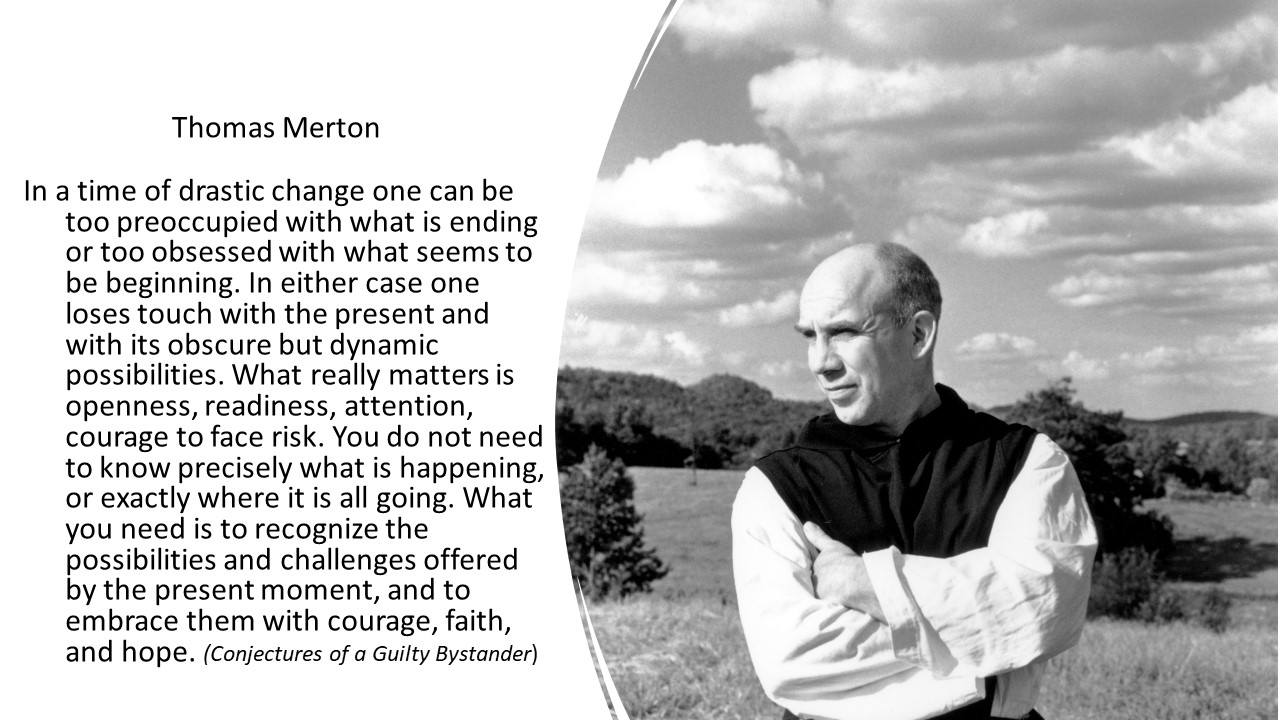This morning in my time of reflection, a line I read recently from James Finley’s wonderful work, “Merton’s Palace of Nowhere,” bubbled up. Finley records that Thomas Merton waged “a ruthless campaign against giving way to all ‘trifles which cannot bear inspection in the face of death.’”
And I thought about some of the things that are currently stirring me up so emotionally, the really annoying people who get under my skin … and thought about how important will these things and folks be when I’m on my death bed?
Put another way, what am I giving myself to emotionally right now that will have lasting impact? What will outlive me?
My thoughts drifted to that lovely line from Eliot’s “Four Quartets,” … “we are distracted from distraction by distractions.”
Working with the dying as I do, I know there are just times when we need to take a vacation from the really important … from dying … some periodic distractions and trifles are necessary for emotional balance … but it takes real discernment and discipline to not overstay the vacation.
That’s why I read so much by and about Merton. He just seems to have a way of calling me back to the present moment and the really important. And he skillfully does this not by shaming but by invitation.
I was reflecting too on how last Sunday I spoke to my friends at church about facing death and living fruitfully. I talked about the profound idea put forward by Fr. John Dunne … “what if death isn’t an interruption to life, but rather its destination?” The question that continues to linger days later is, am I living in such a way now that will prepare me for my destination?
Selah.

 Just wanted to share this wonderfully thoughtful prayer for Valentine’s Day by Pete Greig, featured today on Lectio 365.
Just wanted to share this wonderfully thoughtful prayer for Valentine’s Day by Pete Greig, featured today on Lectio 365.


 In my morning reading of Merton I came across a passage where he argues for a need to embrace the wisdom of the Socratic principle. As Merton describes it, that means having great confidence in “dialogue” – trusting that truth develops in conversation. He writes,
In my morning reading of Merton I came across a passage where he argues for a need to embrace the wisdom of the Socratic principle. As Merton describes it, that means having great confidence in “dialogue” – trusting that truth develops in conversation. He writes,